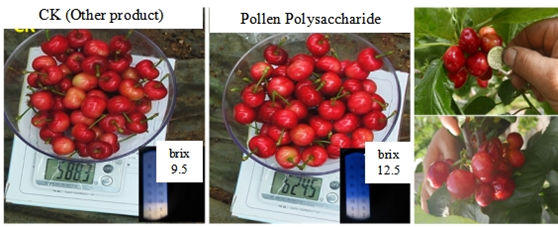EU Leaves Final GM Crop OK up to Member States

New legislation will allow EFSA to approve GM crops for cultivation in the EU but leave the final say up to each country.
The EU decided on June 12 to allow individual member states to ban GM crops even if they are allowed throughout Europe.
Out of 28 member states, 26 approved the legislation, which stems from a 2010 proposal to permit companies to market crops approved for cultivation by the European Food Safety Authority (EFSA) anywhere on the continent, but give each country the power to decline to permit the crop within its own borders either before or after planting.
Even if a crop is already growing and being cultivated, countries will now be able to remove it for reasons that are not necessarily agriculture-related, including urban planning, social, or other economic factors. Previously, countries had to demonstrate via scientific evidence that a GM crop was biologically hazardous.
This legislation will likely be finalized within the coming year after the new European Parliament takes office.
In the meantime, its enactment will undoubtedly be well-received in countries like Bulgaria that have consistently dug in their heels against GM crops. The Bulgarian government voted to ban genetically modified MON 810 corn on June 25 in keeping with its long-term stance. Earlier in 2014, the EU initiated legal proceedings against Bulgaria for refusing to allow GM crops after having requested for many years that the country relax the prohibition, though it now remains to be seen whether those proceedings will come to fruition.
In other countries, such as Romania, GM corn is a popular crop.
In addition to maize, EFSA has also approved genetically modified oilseed rape MON 88302 whose modification emphasizes the protein CP4 EPSPS which expresses tolerance to glyphosate. In a decision published June 17, the organization explained that its potential effects on humans, animals and the environment are the same as that of non-GM oilseed rape. The only biological difference the organization noted was in days-to-first flowering. It found that the potential for hybridizing of wild plants would only increase if the plants were exposed to glyphosate.





